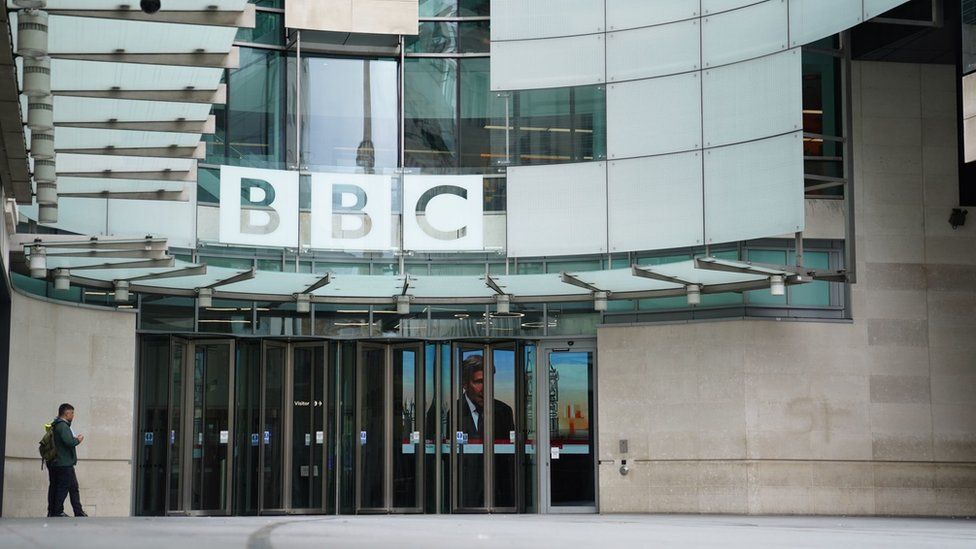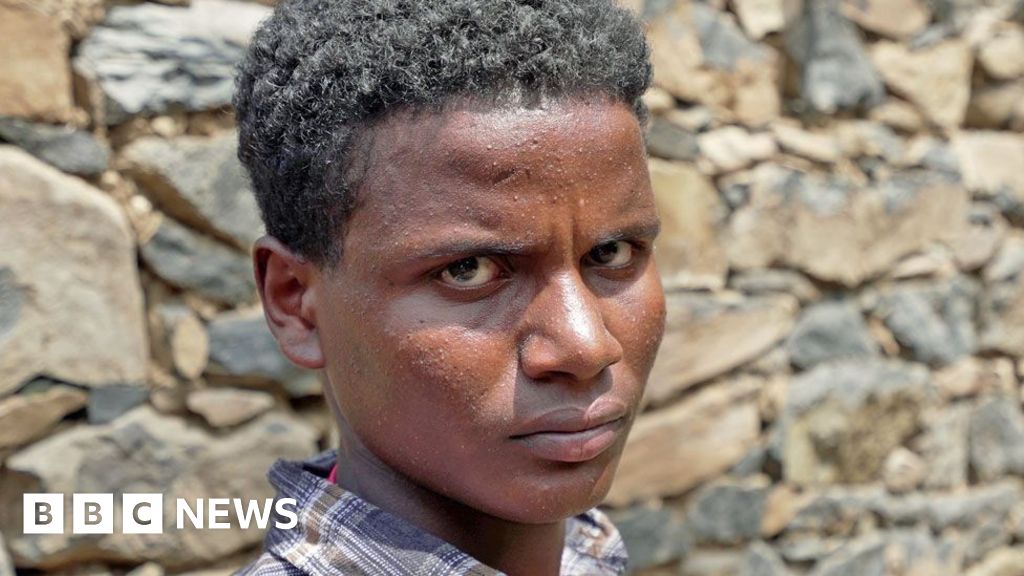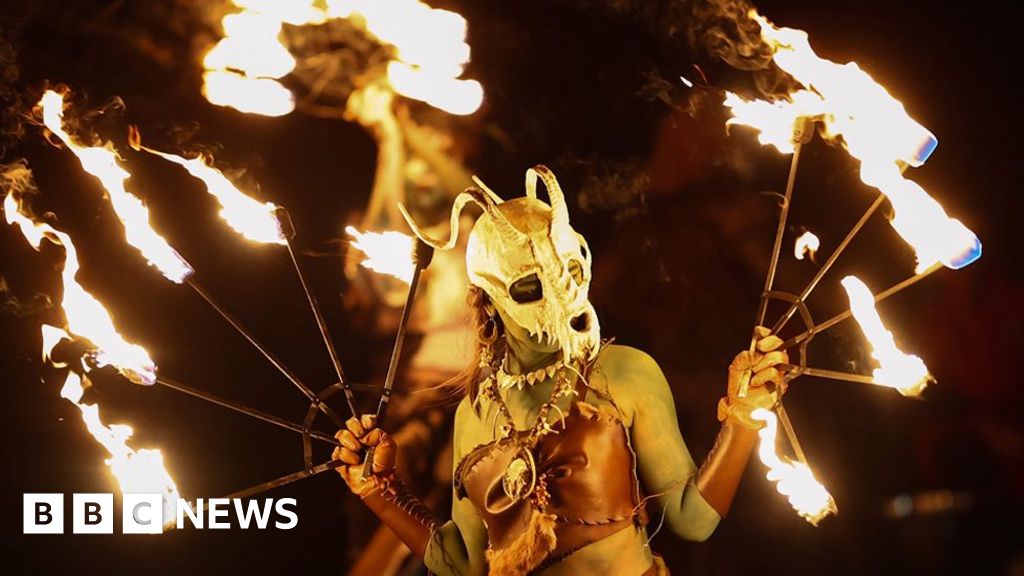ARTICLE AD BOX
 Image source, PA Media
Image source, PA Media
Culture Secretary Lucy Frazer will hold urgent talks with the BBC's director general on Sunday, after a presenter was accused of paying a teenager £35,000 for sexually explicit photos.
In a statement, the Department for Culture, Media and Sport called the allegations "deeply concerning".
The claims, first reported by the Sun, include that the young person's family complained to the BBC back in May.
The BBC must investigate urgently and sensitively, the DCMS said.
"As a public service broadcaster in receipt of public funding, senior officials have stressed to the BBC that the allegations must be investigated urgently and sensitively, with [DCMS] kept informed," the statement read.
Ms Frazer will speak to Tim Davie, head of the BBC, later on Sunday, it added.
In the Sun on Sunday, the mother of the young person - who the Sun claims was 17 when payments from the presenter began - said her child had used the money to fund a crack cocaine habit.
She said if the alleged payments continued, her child - now aged 20 - would "wind up dead".
She also claimed that an image of the presenter in his underwear, which the Sun reported on Saturday, had been taken as part of a video call with her child.
Having reportedly made the BBC aware of their concerns on 19 May, the family said they became frustrated when the presenter remained on air and they then decided to approach the Sun.
They made clear they wanted no payment for the story, the paper reported.
The Sun says it is not naming the presenter for legal reasons.
BBC News has not named the presenter either, but says he is not due to be on air in the near future. It is not known if there has been a formal suspension.
Concerns have now been raised about the BBC's complaints process - primarily, what steps were taken to question the presenter and to investigate further.
There are already accusations that since the family made their complaint, the broadcaster has not handled the investigation into the unnamed presenter properly, BBC News' special correspondent Lucy Manning said.
Rachel Reeves: BBC 'must get house in order'
Earlier on Sunday, a number of politicians said the BBC - which says it takes any allegations "very seriously" - had questions to answer.
Shadow chancellor Rachel Reeves told the corporation to "get its house in order", while Tory minister Victoria Atkins called for swift action.
Ms Reeves told the BBC's Sunday with Laura Kuenssberg programme that if reports were true and the presenter had remained on air for weeks after the complaint was made, "that's not good enough".
"The BBC need to speed up their processes," she said, while calling for the BBC to give "greater clarity now to what on Earth has gone on in this case, and what they're doing to try and put it right".
Conservative minister Victoria Atkins described the claims as "very, very serious", saying the BBC must act "swiftly" while following the procedures "it says it has in place".
She also told Sunday with Laura Kuenssberg that at the heart of this matter is a "young person... who will be feeling all sorts of emotions", urging people to consider them when talking or reporting on it.
Also on the programme, broadcasting veteran Stewart Purvis - the former head of ITN - said the saga could harm the BBC's drive to be known as "the nation's broadcaster of trust".
Asked what he would do if he worked at the corporation, Mr Purvis said bosses should be gathering people "who know what they're doing".
"You need human resources, you need lawyers, you need communications people, you need the bosses of the person under scrutiny," he said.
"You've got to remember every single email you send each other is going to be the subject of review, is going to be public at some point, so the pressure on the top of the BBC is enormous."
A spokesperson from the BBC's press office said on Friday: "We treat any allegations very seriously and we have processes in place to proactively deal with them.
"As part of that, if we receive information that requires further investigation or examination we will take steps to do this. That includes actively attempting to speak to those who have contacted us in order to seek further detail and understanding of the situation.
"If we get no reply to our attempts or receive no further contact that can limit our ability to progress things but it does not mean our enquiries stop.
"If, at any point, new information comes to light or is provided - including via newspapers - this will be acted upon appropriately, in line with internal processes."
No further comment has been made since then and BBC News has asked the press office for an update.
BBC News reports impartially on the corporation as a whole, and is not privy to information about it before other news outlets.

 1 year ago
22
1 year ago
22








 English (US)
English (US)